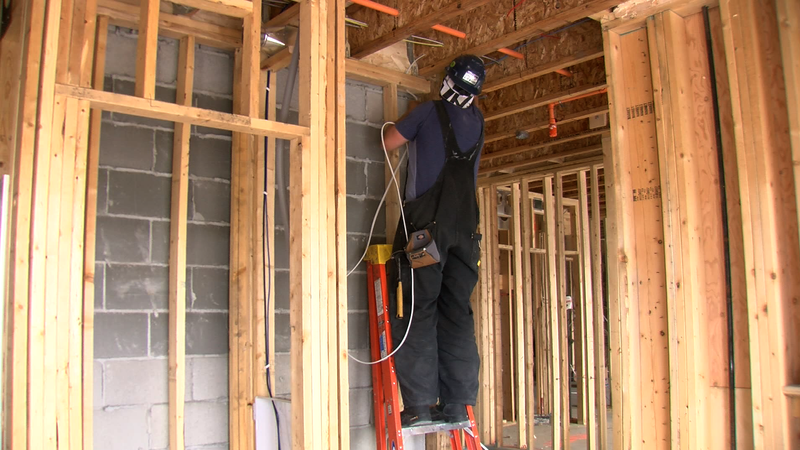
Home builders’ association concerned about journeyman to apprentice ratios with new mandatory certification
KAMLOOPS — The push towards certifying every tradesperson across the province is garnering cautious support from organizations like the Canadian Home Builders’ Association Central Interior.
The local home builders’ association believe mandatory certification is a good thing, but it’s concerned about the rollout and how it could impact the number of apprentices on the job.
President Jere Lorenz said it was not consulted by the province and fears the rollout will too fast, and the ratio between journeyman and apprentices will be too low.


